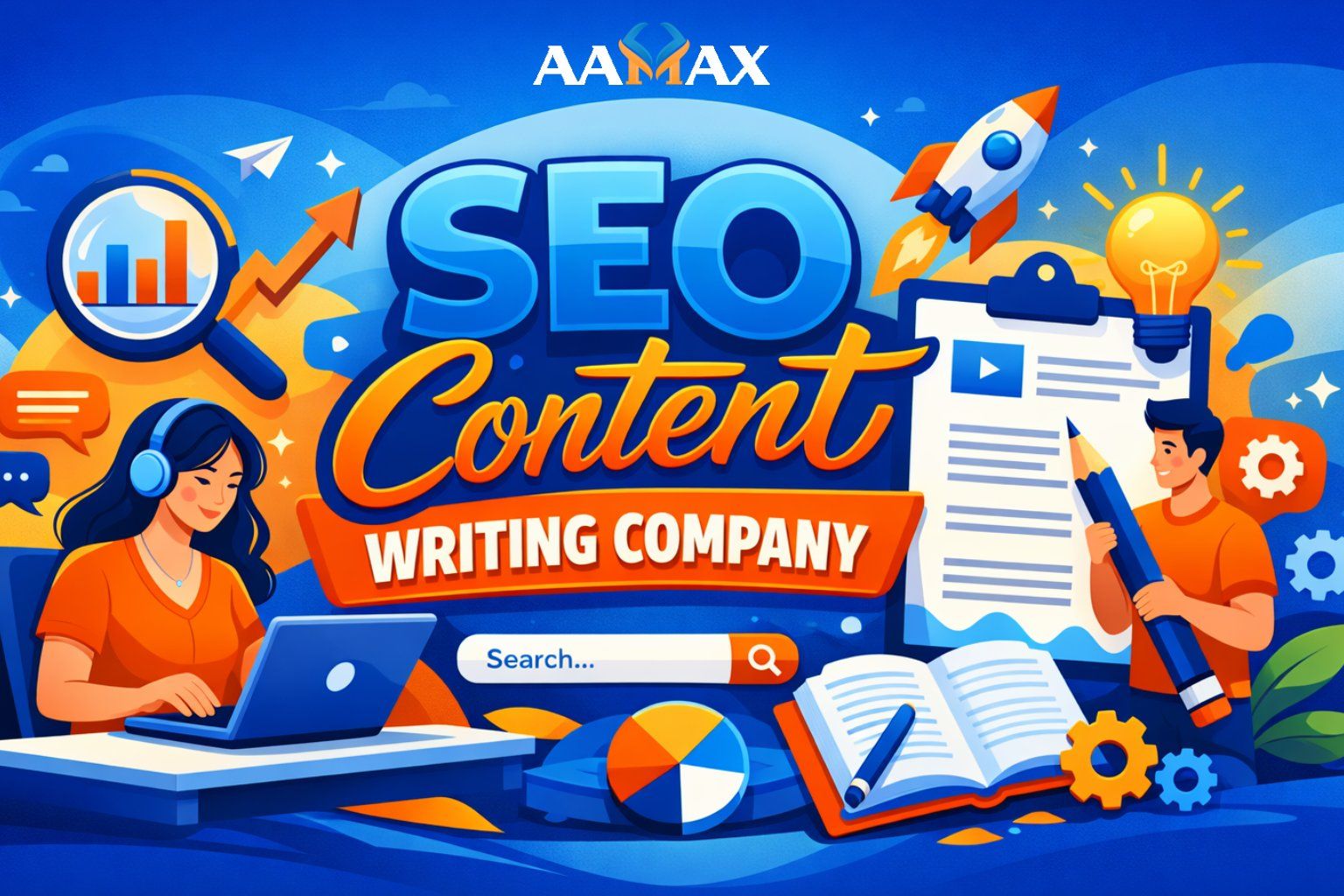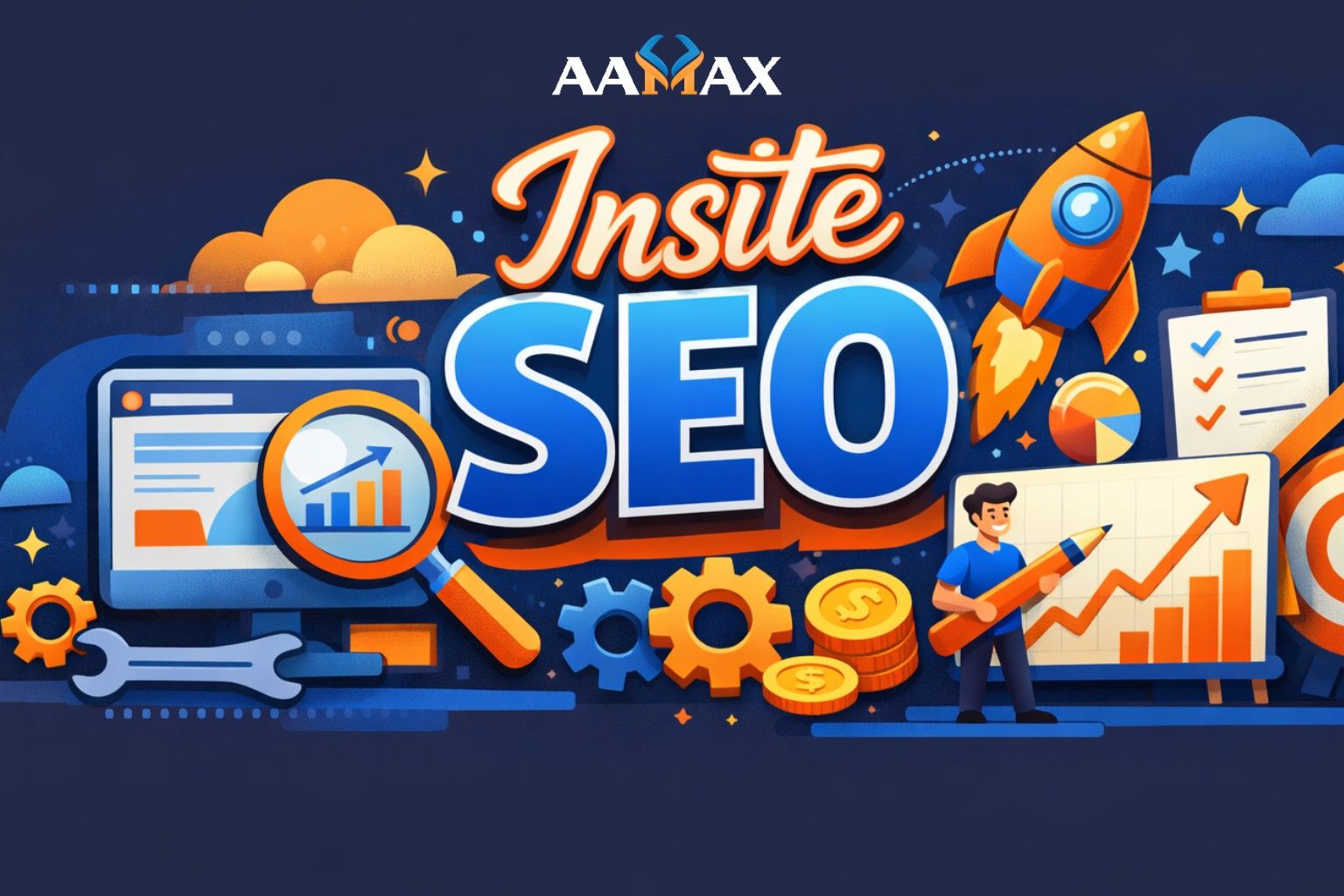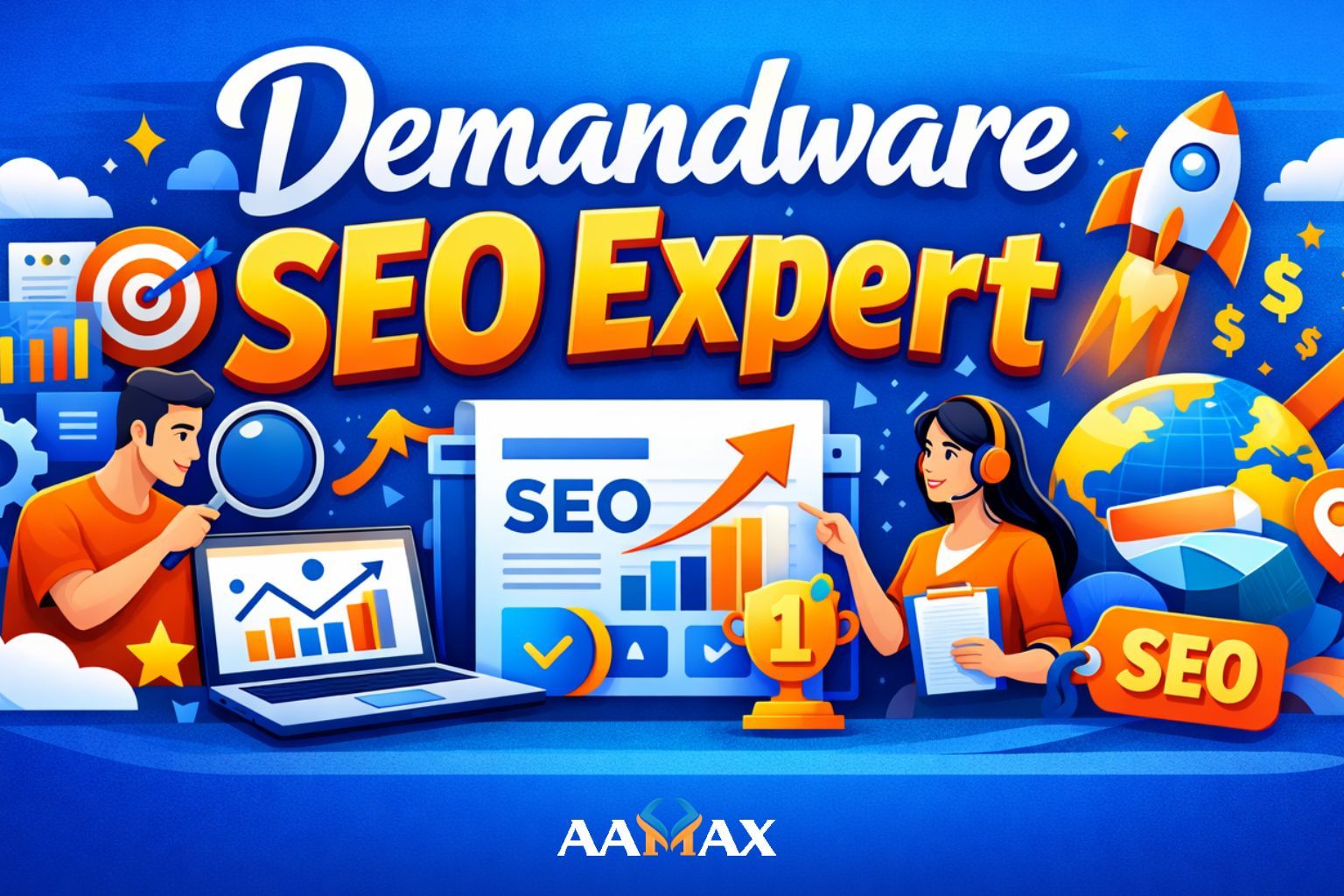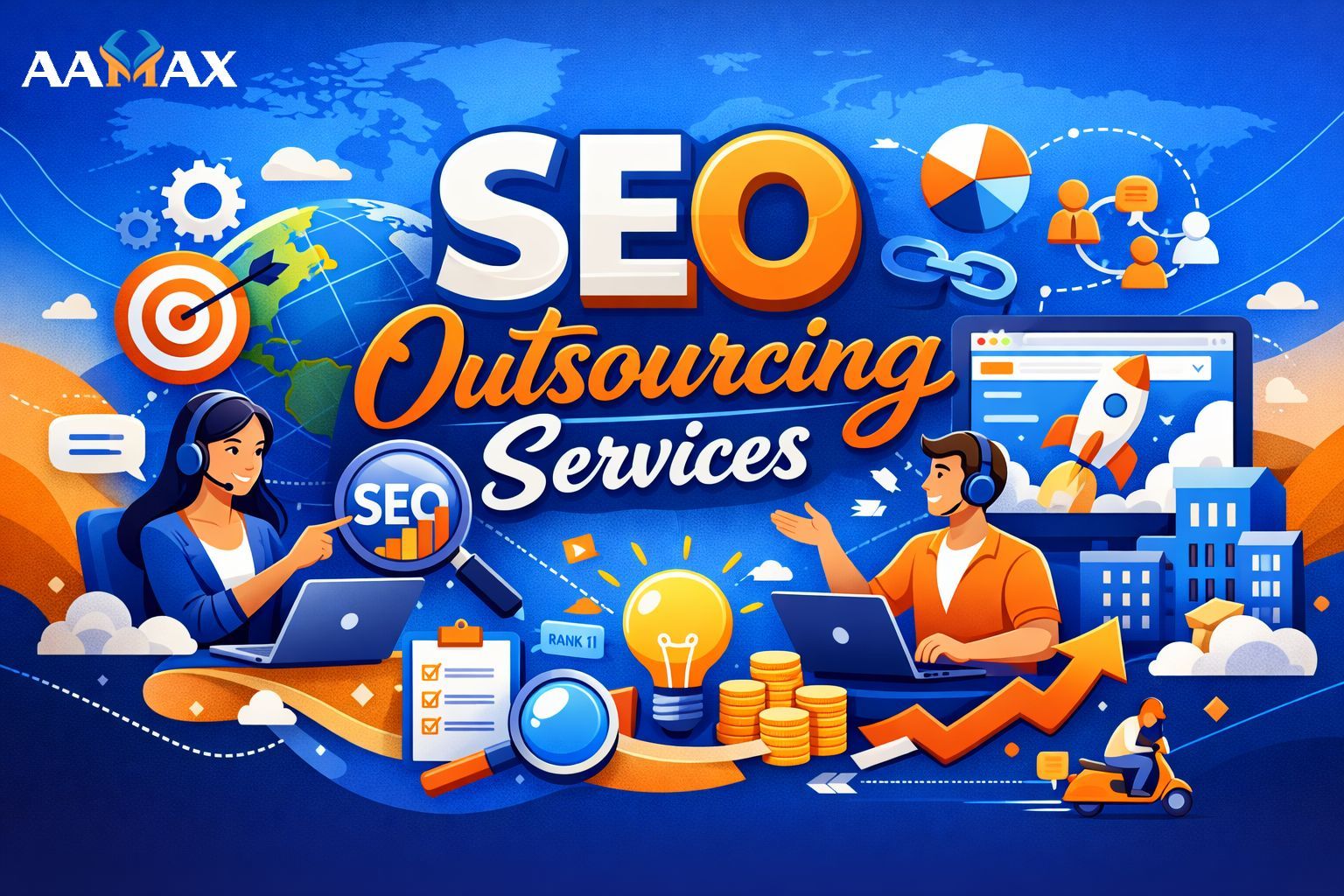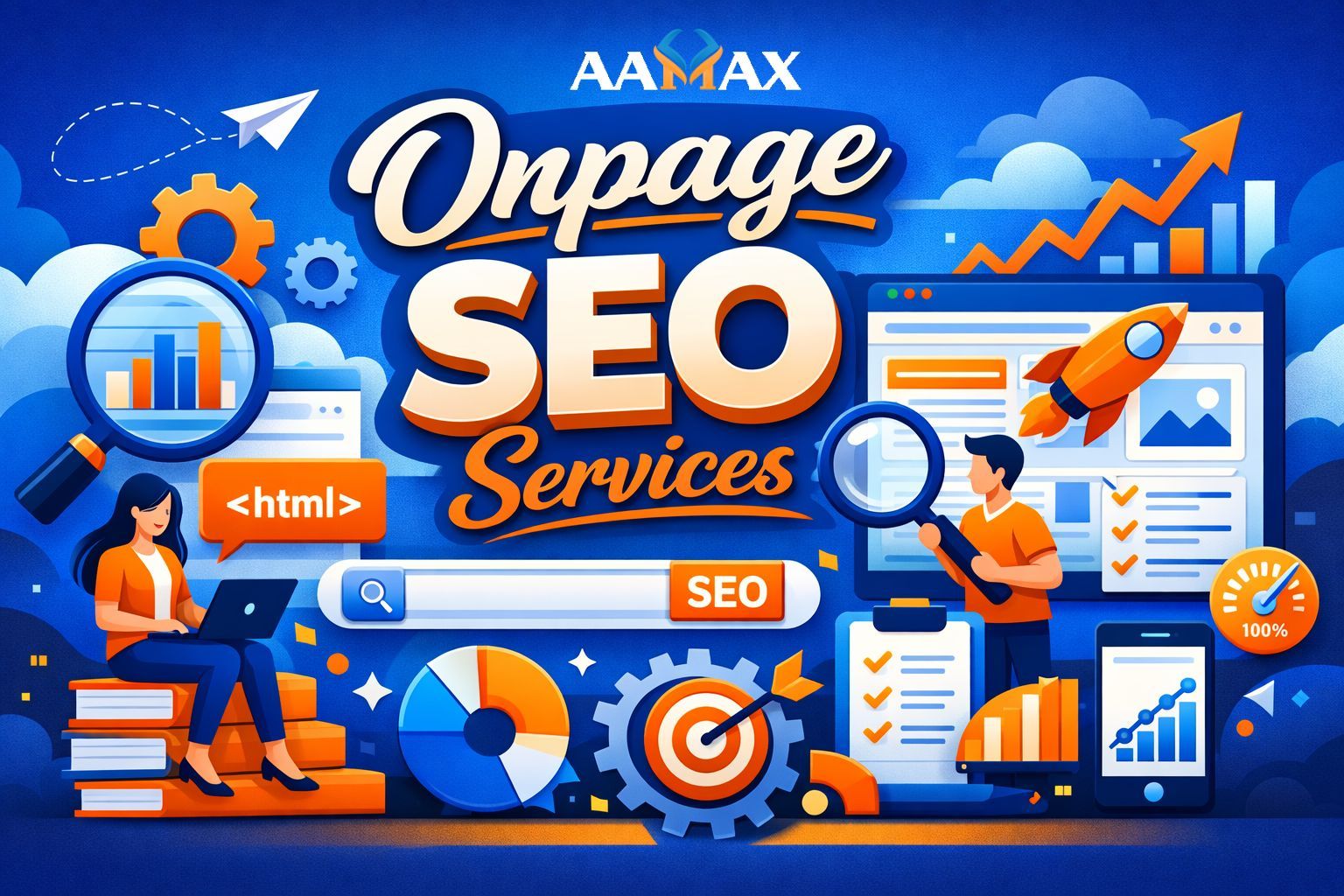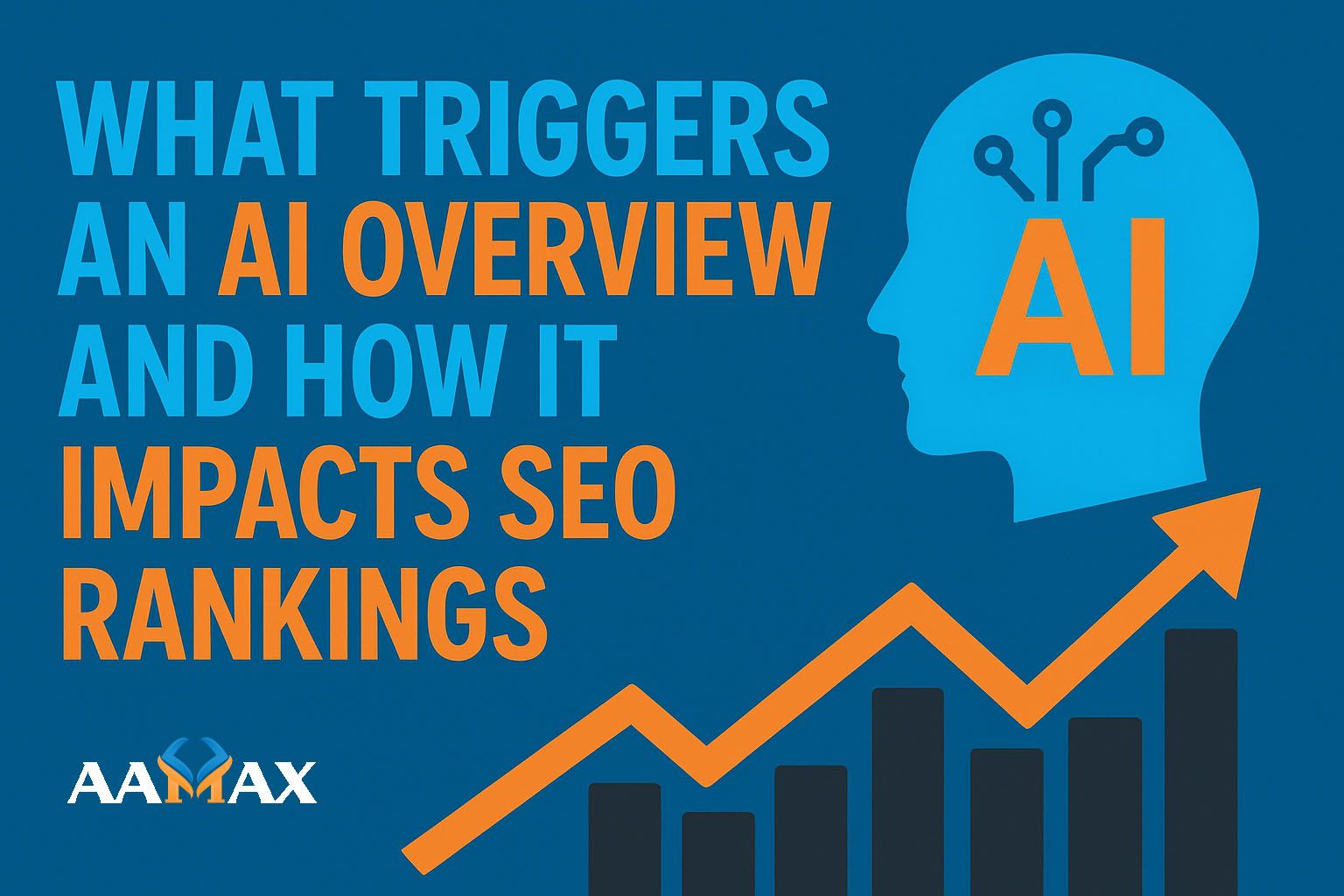
What Triggers an AI Overview and How It Impacts SEO Rankings
As Google continues to evolve its search experience, AI Overviews have emerged as a major development in how information is presented to users. These AI-powered summaries appear at the top of search results, providing quick and concise answers synthesized from multiple sources. While this innovation enhances the user experience, it has also introduced new challenges and opportunities for SEO professionals and content creators.
Understanding what triggers an AI Overview and how it impacts Search Engine Optimization (SEO) rankings is essential for businesses that want to stay visible in this new search environment. This article explores the mechanics of AI Overviews, what causes them to appear, and how they influence organic search performance.
What Is an AI Overview?
An AI Overview is a generative AI-powered summary that appears at the top of Google’s search results. It’s part of Google’s integration of artificial intelligence into search through technologies like Google Gemini (formerly Bard) and the Search Generative Experience (SGE).
When a user performs a search, instead of only showing a list of links, Google’s AI creates a brief, informative paragraph that combines data from multiple trustworthy sources. This summary aims to give users quick, accurate, and context-rich answers without requiring them to click through multiple web pages.
AI Overviews often include:
- A concise written summary answering the query.
- Hyperlinks to sources used to generate the response.
- Related visuals or interactive elements, such as product recommendations or comparison charts.
Essentially, AI Overviews are transforming Google from a “search engine” into an “answer engine.”
Why Google Introduced AI Overviews
Google’s mission has always been to organize the world’s information and make it universally accessible. However, traditional search results require users to browse multiple links to find what they need. AI Overviews were designed to reduce this friction.
The main objectives behind AI Overviews include:
- Enhancing user experience by providing faster, more relevant answers.
- Reducing information overload by summarizing multiple sources into a single coherent view.
- Adapting to conversational search trends, where users type or speak queries more naturally.
- Competing with AI chatbots like ChatGPT, Perplexity, and others that already offer AI-powered search experiences.
By integrating AI Overviews directly into Google Search, users receive richer, more intelligent responses — but this also means businesses must rethink their SEO strategies.
What Triggers an AI Overview?
Google has not published an official rulebook explaining what triggers an AI Overview. However, SEO experts have analyzed patterns and identified several consistent factors that determine when an AI Overview appears.
1. Complex or Conversational Queries
AI Overviews are most often triggered by complex or conversational queries — questions that require contextual understanding rather than a simple factual answer.
For example:
- “What are the best strategies for AI-powered SEO?”
- “How does AI impact content visibility on Google?”
- “What triggers an AI Overview and how does it affect rankings?”
These types of searches involve multiple layers of meaning or intent. Google’s AI uses its understanding of natural language and semantics to generate a summarized response drawn from credible web sources.
2. Informational Search Intent
Queries with informational intent are the most likely to trigger AI Overviews. These are searches where users are trying to learn, understand, or research something rather than make a purchase.
Examples include:
- “How to optimize for AI search results”
- “What is semantic SEO?”
- “Benefits of AI in digital marketing”
In contrast, transactional or navigational searches — like “buy shoes online” or “AAMAX contact number” — rarely trigger AI Overviews because those queries don’t require synthesis of information.
3. Multiple Reliable Information Sources
For Google to generate an accurate AI Overview, it needs access to a diverse set of high-quality sources on the same topic.
AI Overviews are typically triggered when:
- Multiple authoritative pages discuss the same topic in depth.
- The information is consistent across different sources.
- The topic is broad enough to require summarization.
If Google’s systems can’t find enough trustworthy or consistent data, it may skip generating an Overview altogether to avoid misinformation.
4. Long-Tail and Question-Based Keywords
Long-tail keywords — typically longer, more specific search phrases — have a higher chance of triggering AI Overviews.
Queries like:
- “Why is AI SEO important for content creators?”
- “How does Google decide what goes into AI Overviews?”
tend to activate AI-generated summaries more often than shorter, generic keywords. This is because long-tail searches better align with natural language patterns, making them ideal for AI interpretation.
5. Topics That Require Context or Explanation
Certain topics inherently require deeper explanation — such as those related to technology, health, finance, and digital marketing.
When the AI detects that users are looking for contextual understanding (not just definitions), it activates an Overview to synthesize and simplify the topic.
For instance:
- “How does AI SEO differ from traditional SEO?”
- “Impact of AI on search algorithms”
- “Future of AI-generated content in marketing”
6. Search Volume and Trend Relevance
AI Overviews are also influenced by search trends. When a topic is gaining attention or becomes part of a larger public discussion, Google’s AI is more likely to trigger Overviews to provide up-to-date summaries.
This helps users stay informed about trending topics — such as new SEO strategies, AI updates, or algorithm changes.
How AI Overviews Are Generated
AI Overviews are created using Google’s advanced machine learning and natural language processing models. The process involves several stages:
- Query Understanding: Google’s AI identifies the intent behind a user’s query — whether it’s informational, transactional, or navigational.
- Content Retrieval: The system scans the web for the most relevant and reliable content pieces.
- Content Evaluation: Each page is assessed for expertise, authoritativeness, and trustworthiness (E-E-A-T).
- Information Synthesis: The AI compiles data from multiple pages to create a coherent, factually accurate summary.
- Attribution: The AI Overview cites its sources through hyperlinks, allowing users to explore the referenced content directly.
This process ensures that AI Overviews are concise, balanced, and grounded in verifiable information.
How AI Overviews Impact SEO Rankings
The rise of AI Overviews has introduced new dynamics into SEO strategy. While they improve the user experience, they can also affect website traffic and keyword performance.
1. Reduced Organic Click-Through Rates (CTR)
AI Overviews provide users with instant answers — often eliminating the need to click through to the source websites. This can reduce organic CTR for top-ranking pages, especially for informational queries.
However, being referenced in an AI Overview still provides visibility and credibility, even if direct clicks decline.
2. Higher Value on Authority and Credibility
AI Overviews heavily rely on authoritative and trustworthy content. Websites with strong E-E-A-T signals — Expertise, Experience, Authoritativeness, and Trustworthiness — are more likely to be included in AI summaries.
This means:
- Brands must demonstrate expert knowledge.
- Backlinks from reputable sites are increasingly valuable.
- Transparency and author credentials matter more than ever.
3. SEO Focus Shifts from Keywords to Context
Traditional SEO focused on keyword density and backlink counts. In the AI era, the focus shifts toward contextual relevance.
Google’s AI understands the meaning behind words, so it rewards content that:
- Covers topics comprehensively.
- Answers related questions naturally.
- Uses clear, conversational language.
This shift favors websites that provide meaningful, in-depth content over those that rely solely on keyword targeting.
4. Visibility Through Reference Links
Even if users don’t click through, being referenced in an AI Overview offers powerful brand exposure. Your domain can appear at the top of search results, enhancing recognition and credibility.
Moreover, some users may still choose to click through to learn more from the cited source, resulting in high-quality traffic.
5. Opportunity for Niche Authority
AI Overviews often draw from a limited number of sources — typically 3–5. This creates an opportunity for niche sites that demonstrate consistent expertise in their field.
By focusing on specialized, authoritative content, small and medium-sized businesses can compete with larger brands in AI-driven search visibility.
6. Changing Nature of Keyword Research
Keyword research now involves understanding how AI interprets queries rather than just measuring search volume.
Marketers should:
- Analyze question-based queries that align with AI Overview triggers.
- Focus on intent-driven keywords that reflect real user curiosity.
- Use AI SEO tools to uncover semantic relationships between topics.
How to Optimize for AI Overviews
To adapt to this new search landscape, businesses must evolve their SEO strategies to align with AI Overview triggers.
1. Focus on Quality and Depth
Create comprehensive, well-researched content that answers user questions thoroughly. The more detailed and insightful your content is, the more likely it is to be used in AI-generated summaries.
2. Improve E-E-A-T Signals
Ensure your website demonstrates expertise and authority:
- Use author bios and credentials.
- Cite credible sources.
- Keep content accurate and updated regularly.
3. Optimize for Semantic SEO
Use natural, conversational language and structure your articles to answer “how,” “why,” and “what” questions.
Semantic SEO helps AI understand the full meaning of your content rather than just matching keywords.
4. Leverage Structured Data
Structured data (schema markup) helps Google understand your content better. It can improve how your pages are represented in both AI Overviews and traditional search results.
5. Track AI Overview Visibility
Use SEO analytics tools to identify which of your pages are being referenced in AI Overviews. Monitor impressions, ranking shifts, and click-through changes to refine your strategy.
6. Update and Refresh Content Frequently
AI prioritizes fresh and relevant information. Regularly updating your blog posts and guides helps maintain visibility in evolving AI-driven search results.
Why Hire AAMAX for AI SEO Services
Adapting to the AI-driven search era requires more than traditional SEO tactics. You need strategic expertise in AI-powered optimization, semantic search, and technical SEO — all of which AAMAX excels at.
AAMAX is a full-service digital marketing company offering:
- AI-enhanced SEO strategies tailored to Google’s evolving algorithms.
- High-performance web development and UX design.
- Comprehensive digital marketing solutions for growth and visibility.
By combining data intelligence, creativity, and advanced SEO insights, AAMAX helps businesses stay competitive in the age of AI search.
Final Thoughts
AI Overviews are redefining how users interact with search results — and how businesses approach SEO. Understanding what triggers an AI Overview and how it impacts rankings is vital for staying relevant in Google’s AI-driven ecosystem.
By focusing on expertise, authority, contextual relevance, and high-quality content, you can position your website for success in both traditional and AI-based search environments.

